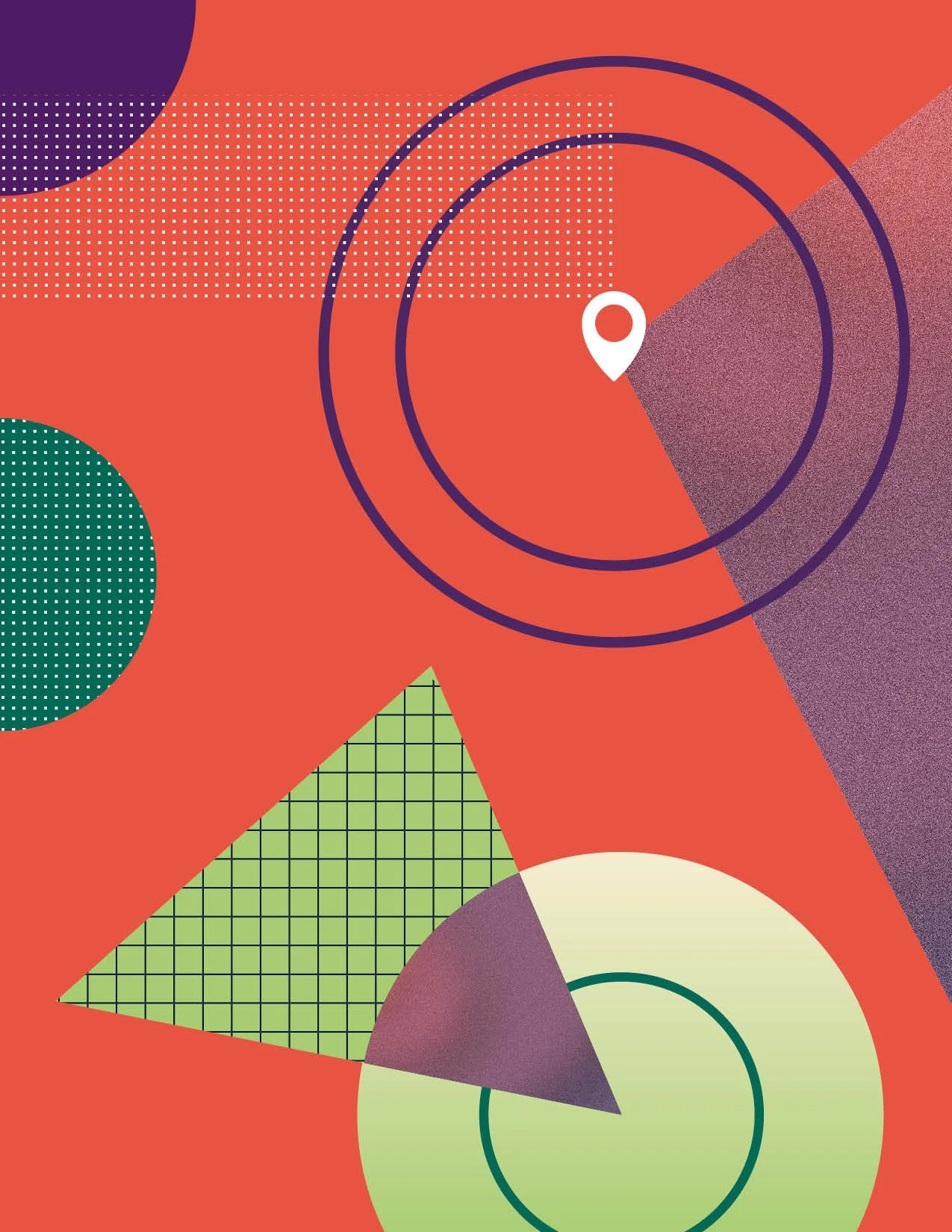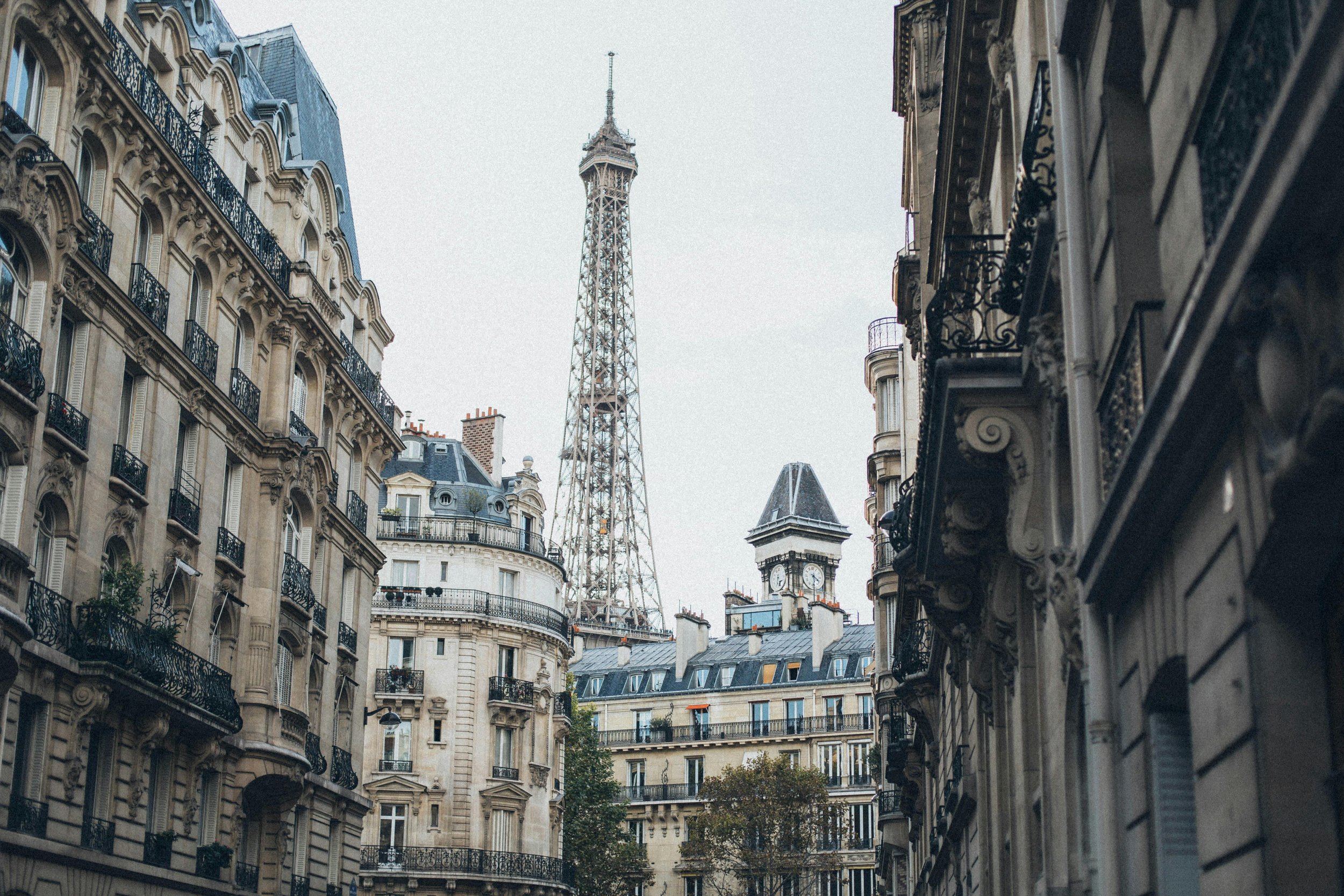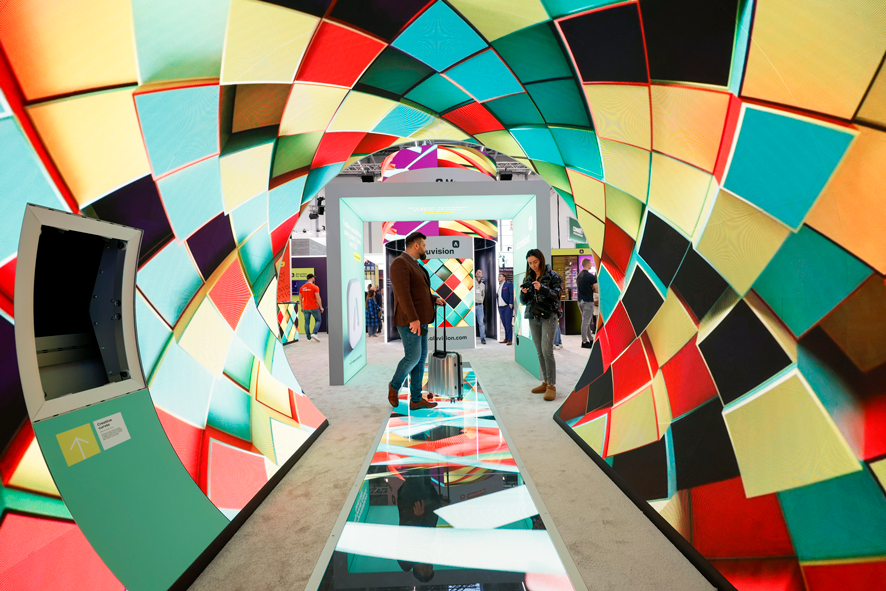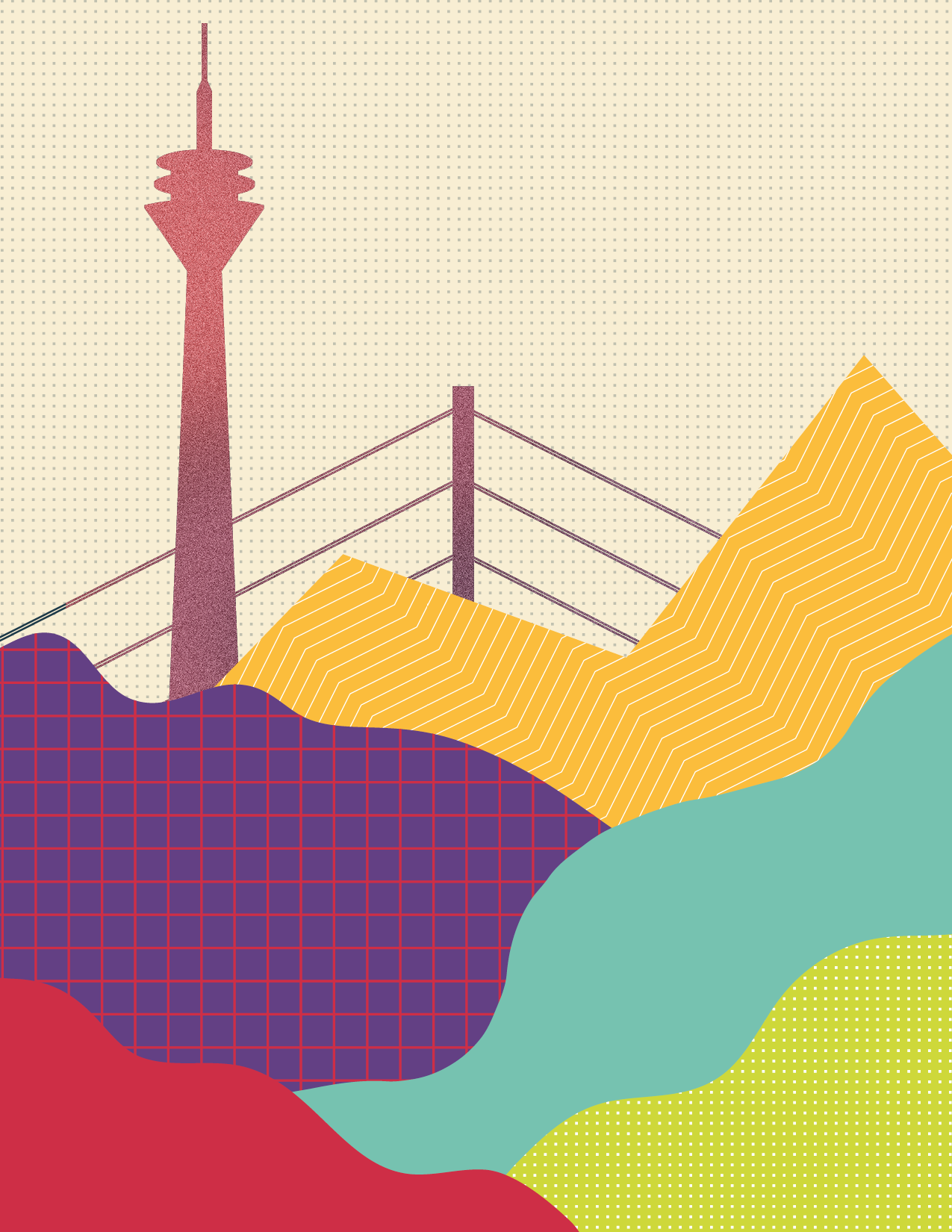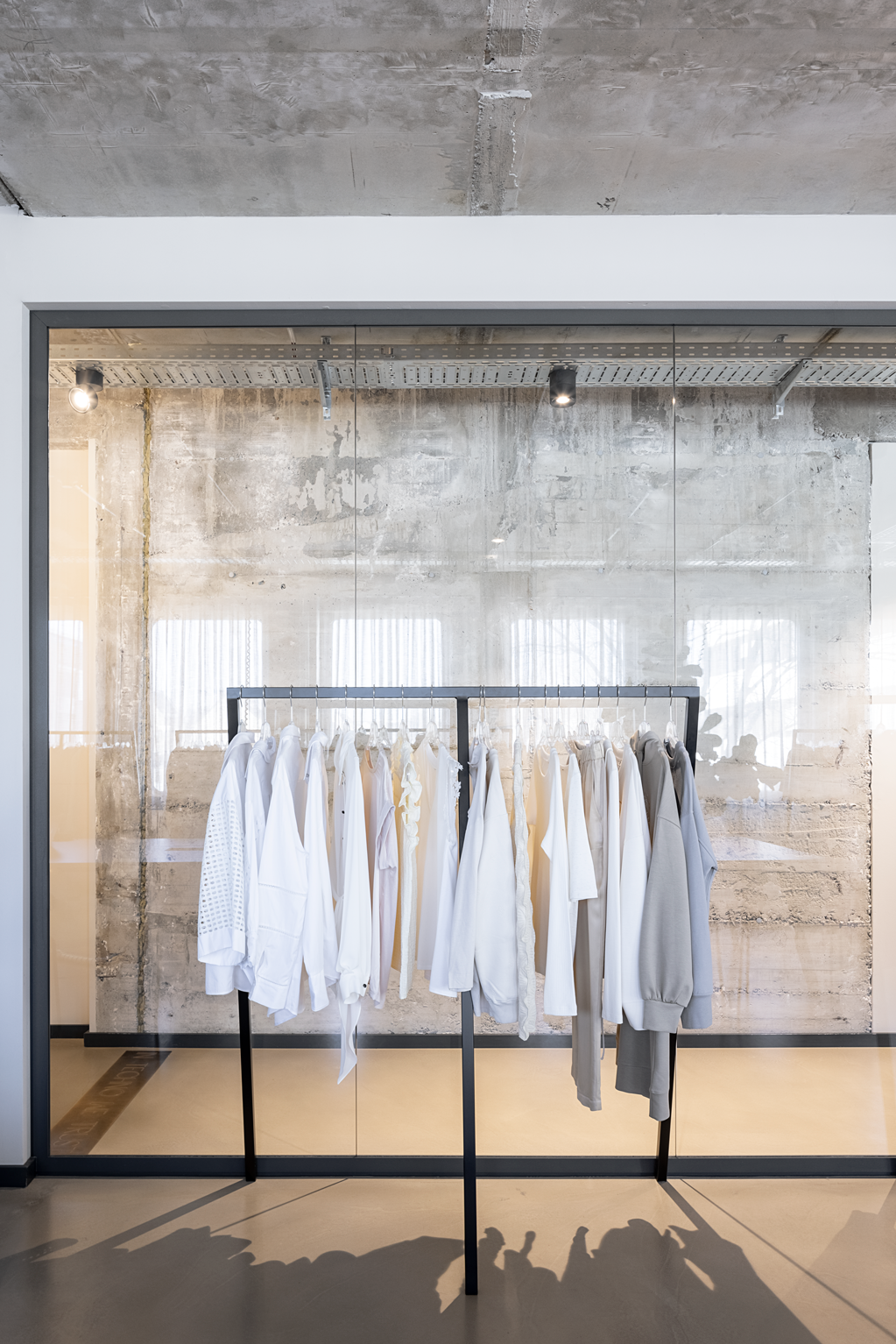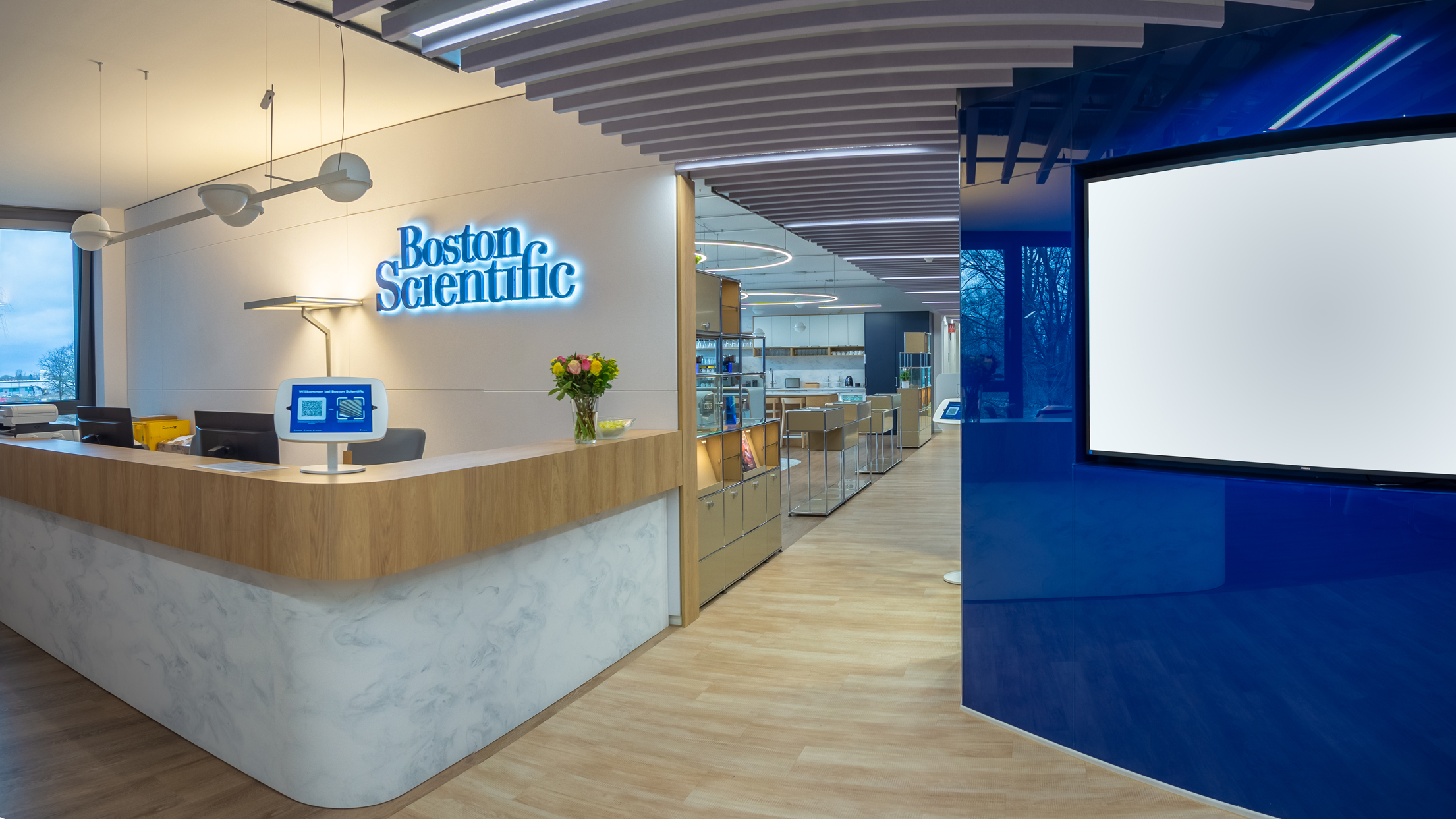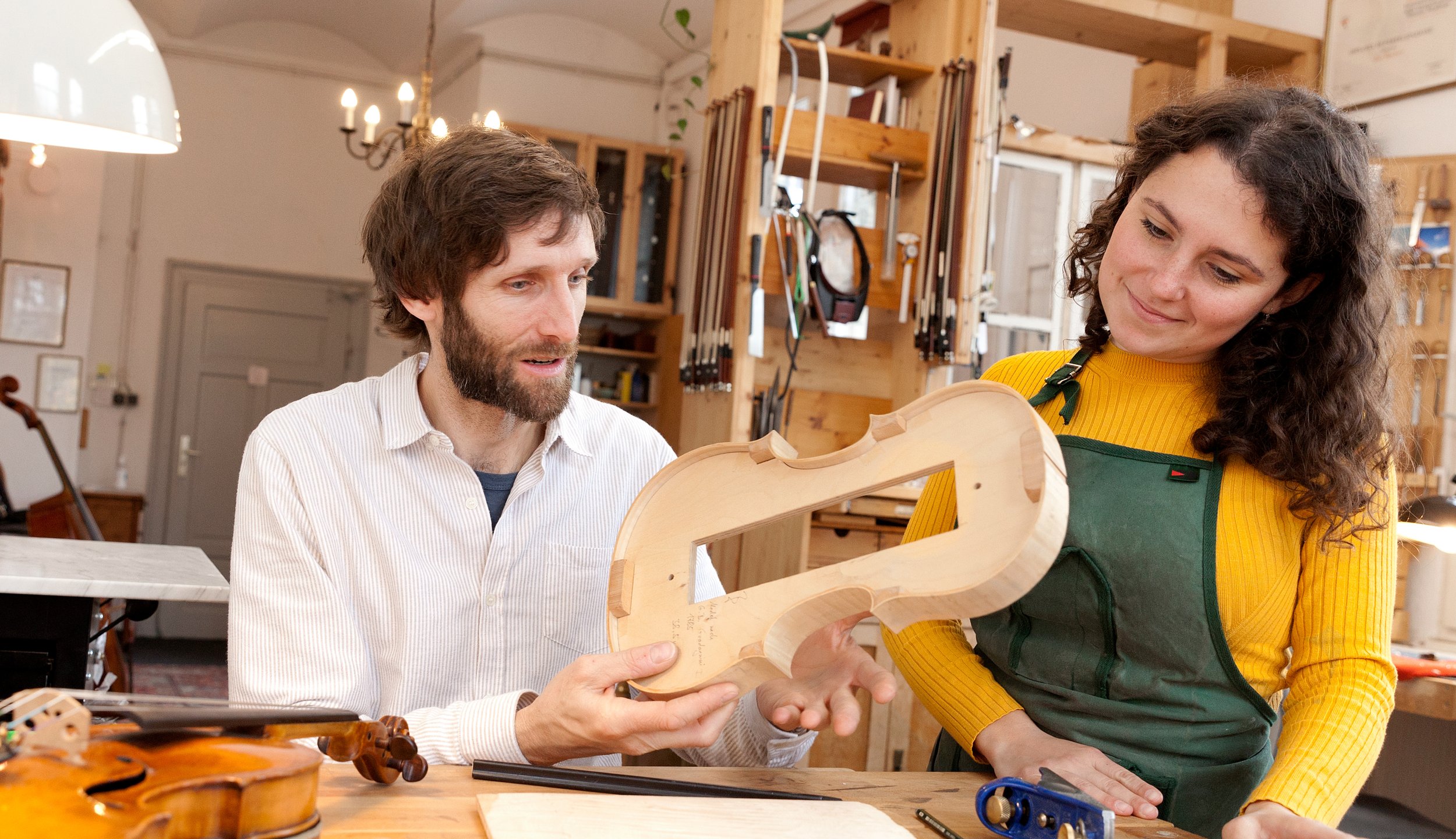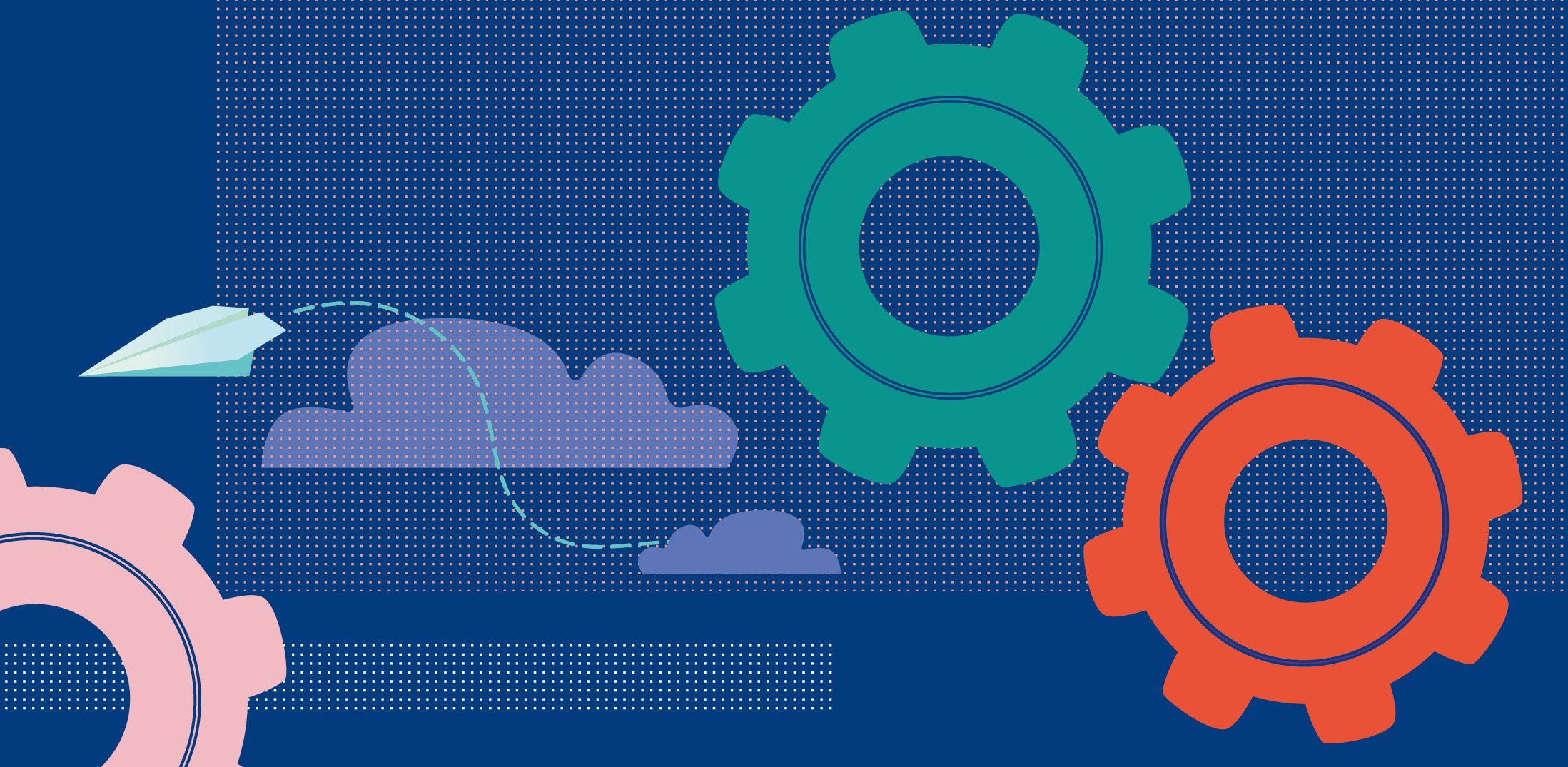In this interview, Christian Zaum, Düsseldorf's Head of Economic Affairs, talks about the importance of markets in Europe, the Middle East and Africa (EMEA), economic neighbourhoods, and new dynamics in the state capital's business environment.
When he visited the city in 1811, the French emperor Napoleon is said to have called Düsseldorf ‘Le Petit Paris’. This marked the beginning of a wonderful friendship that continues to this day — including on an economic level.
From digital delivery logistics in the Netherlands and the IT ecosystems of a major European wholesaler to the premiere of a leading global trade fair in the Persian Gulf: players in the region are showing that trade encompasses much more than the mere transfer of goods. It is an integrative system of innovation and cooperation, and Düsseldorf is at the heart of it.
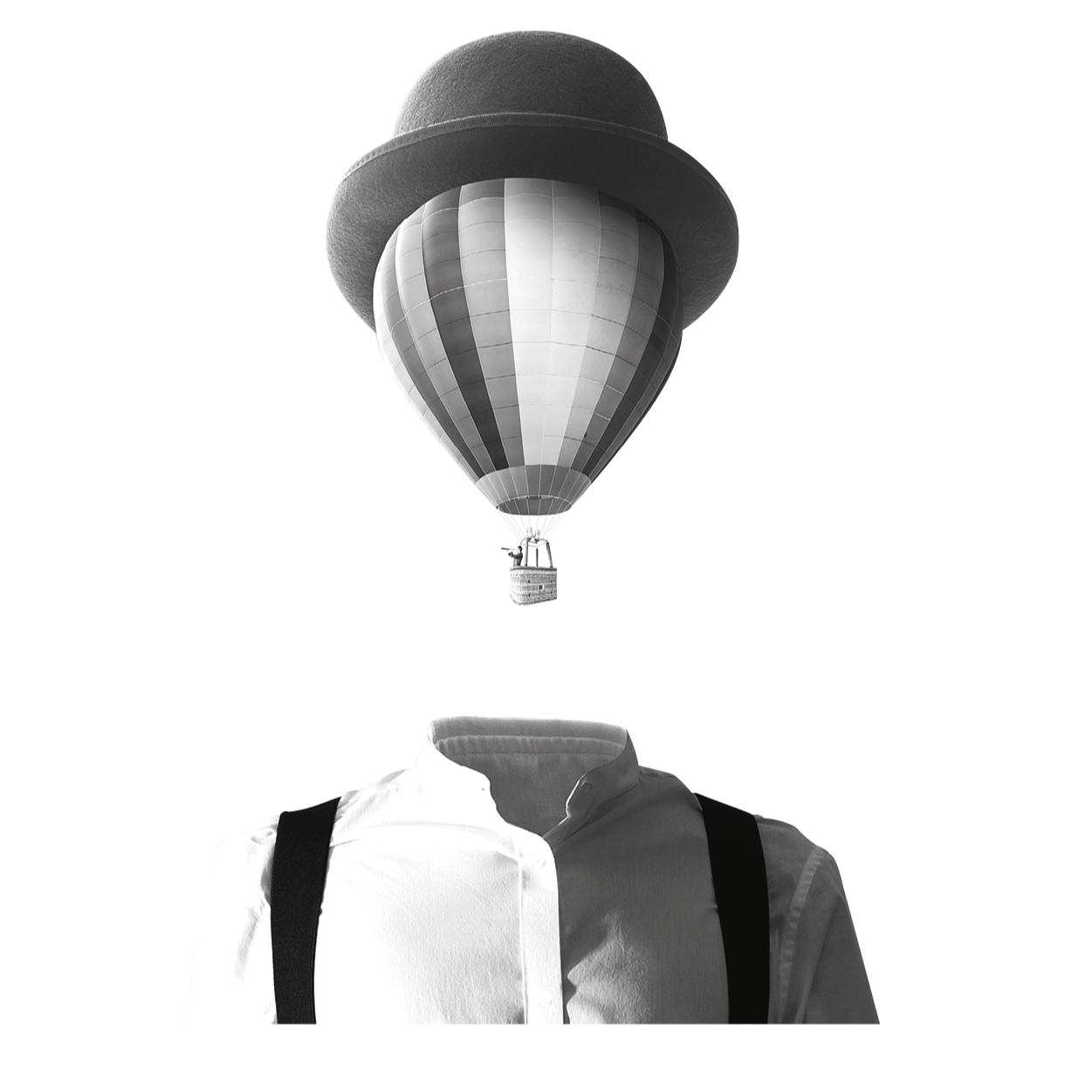
Düsseldorf is the most important location for foreign direct investment and start-ups in North Rhine-Westphalia. In response to this high degree of internationality, Düsseldorf's Office of Economic Development has a multilingual team of experts from the International Business Service (IBS). VIVID spoke with IBS Director Annette Klerks about Asian and US companies in particular.
Düsseldorf is one of Europe's most important hubs for business with Asia. Historically, close ties with Japan began in the 1950s, followed later by China, Korea and, most recently, India as a dynamic growth market. Today, the city is a hub for international companies, an anchor point for skilled workers and a meeting place for cultures – from Japan Day to Indian cricket.
Even in politically turbulent times, North Rhine-Westphalia maintains strong ties with the USA. Diplomatic relations and economic cooperation between the two countries are at the heart of this relationship.
Greentech is an important driver of transformation for the industrial state of NRW. Düsseldorf, with its outstanding international infrastructure, can representatively bundle and orchestrate the huge potential of the region - and also network it worldwide.
In the construction industry, sustainability issues form an integral part of the entire value chain. But how important is greentech in this context? VIVID took a look at companies and projects based in Düsseldorf that are implementing green technology in real estate.
With a diverse portfolio of trade fairs and congresses, Düsseldorf greentech offers a strong stage for interdisciplinary dialogue. Whether it's the circular economy, decarbonisation or digital resource efficiency - the city's B2B platforms are the place to discover innovations that are really driving the transition to a more sustainable industry. Here is an overview.
In a strategic initiative, the skilled trades and the city of Düsseldorf have been working very closely together for the last two years. The results of this successful cooperation range from innovative craftsmen's yards to participatory events and new study programmes.
How competitive Germany will be in the future will also depend on how the skilled trades sector fares - an industry that knows how to find practical solutions even in difficult times.
Many skilled trades businesses are now key players when it comes to supporting their customers in the energy transition. VIVID spoke to two innovation leading companies from Düsseldorf about their day-to-day business dealing with climate protection, heat pumps and energy consulting.
From the promotion of new construction and creative conversion of existing buildings to renaturation, networked micro-mobility and intelligent parking management: Düsseldorf's urban development is extremely diverse.
Sustainable transformation is currently one of the most challenging topics, also in the construction industry. Sustainable housing must be affordable – but how? VIVID spoke to experts about solutions.
In order to create space, especially for living, in compact and growing Düsseldorf, the conversion of existing properties is an important option. Creative projects are can be found all over the city – now and in the future.

The healthcare industry accounts for 10 percent of NRW's economic output. It is one of the most important sectors in Düsseldorf - with enormous innovative power. A key success factor is the excellent networking of the relevant players.
Occupational health and safety, reintegration management, health promotion: corporate health management (CHM) covers many areas - and is becoming even more important in times of skills shortages and an ageing society.
Ageing and care are issues that affect us all, but are often still taboo in the world of work. The state of NRW has launched a special programme to raise awareness and support companies and employees.
Regular sporting events, large and small, an extremely diverse club scene and committed sports sponsorship make Düsseldorf a city of sport. This strengthens the economy in many ways.
More and more Asian companies are settling in Düsseldorf - and enrich the city of sport on the Rhine with their passion for Asian sports and their sponsorship of local teams such as Fortuna. The symbiosis of business and sport promotes team spirit, motivation and corporate social responsibility.
The Dreischeibenhaus is considered an architectural symbol of the German post-war economic boom. While construction work was completed in 1960, the economic significance of the 94-metrehigh building continued to grow skywards: until 2010, it was home to part of Thyssenkrupp AG. Today, various well-known companies are located here in the immediate vicinity of the Kö-Bogen – including, since October 2023, NFL Germany. The declared objective, which could not be more fitting for this location, is growth - for the NFL, but also generally for the sport of American football in Germany.
Art has an enormously high status in Düsseldorf, its institutions and many artists enjoy a worldwide reputation. The art market also influences the economic prosperity of the state capital.
From 12 to 14 April 2024, Art Düsseldorf will once again open its doors at the Areal Böhler. Exhibition director Walter Gehlen spoke to VIVID about the development and profile of the unique event, the importance of art in a crisis-ridden world and how art can also influence a company.
Daniela Steinfeld founded VAN HORN 20 years ago as an artists' space named after a small town in Texas. The Düsseldorf-based artist has been a gallery owner for 15 years, showing talents such as Anys Reimann, Elisabeth Vary and Jan Albers at two locations in Flingern and Lierenfeld and at international art fairs. In her podcast Voices on Art, Daniela Steinfeld talks to international artists and gallery owners about art. In VIVID she gives an insight into the work of a gallery owner.
Companies are desperately seeking skilled workers and personnel. What does the labour market look like in an international metropolis like Düsseldorf? And what ideas and solutions are there?
Last year a third of graduates in NRW finished secondary school with the Abitur, the equivalent of A-levels. Yet, the number of new students at local universities fell slightly. The reason: more school leavers are opting for an apprenticeship.
11 sub-sectors account for the diversity and strength of the cultural and creative industries. Much is currently being done in Düsseldorf to further reinforce these sectors and make them fit for the future.
The part of "-dorf" in Düsseldorf meaning village, is possibly an indication of the way the key players of the cultural and creative industries based here interact with each other. They know each other, support each other and like to exchange ideas - at least that's the theory. We asked a few voices from the creative scene in the state capital how networking in Düsseldorf actually works.
The world of fashion winds its way through the city like an elegant thread and – in typical fashion for Düsseldorf - on short paths. It is only a few minutes' walk from the high fashion boutiques on the world-famous Königsallee to the showrooms of well-known brands.
In summer and autumn 2023 Düsseldorf will be a hotspot for fashion events. VIVID presents three of the most important organisers and their contributions.
Photo shoot, fitting or fashion show - there are many talented people behind the “perfect look”. VIVID presents three creative contributors and their perspectives on the processes behind fashion.
How will we get around in the future? With the Mobility Plan D, the city of Düsseldorf is focusing on specific measures for the mobility transformation by 2030. In order for this to succeed, companies, startups, research initiatives and politics are working together.
Düsseldorf wants to be climate neutral by 2035. Transport, with a share of around one third of CO2 emissions, is an important factor in achieving this goal. In our interview, Jochen Kral, head of the city's mobility department, explains the measures aimed at achieving the transport transformation.
When it comes to the transformation of urban mobility, the bicycle is key to a climate-friendly solution. The city of Düsseldorf and companies based here are also called upon to establish the bike as a genuine alternative to the car.
In the midst of and despite many different challenges, the state capital has its sights firmly set on an ambitious goal: to be carbon neutral by 2035. How to achieve this and what it will take - is the focus of this VIVID issue.
Düsseldorf is on the path to carbon neutrality in 2035. In this interview, Thomas Loosen, head of Düsseldorf‘s Office for Environmental and Consumer Protection, explains how the city is specifically committed to this and how companies and citizens can make their contribution.
Rising temperatures, heat waves and droughts or heavy rain and storms - the effects of climate change have also begun to affect Germany. Cities and municipalities must therefore develop measures to prevent the consequences of climate change.
The last two and a half years have been a very instructive time for the congress and event industry. Many new formats and business models have emerged to promote networking and exchange in the future or to be a platform for future solutions.
Düsseldorf is the venue for five matches of the 2024 European Men‘s Football Championship. Around 5 billion TV viewers worldwide and around 3 million spectators in the stadiums are expected at the EURO. We asked Thomas Neuhäuser, the city‘s project manager, about the preparations for this mega-event and what the EURO means for Düsseldorf.
After ten years, one of the biggest global music events is returning to Germany: the MTV EMAs 2022 will take place in Düsseldorf for the first time on the 13th of November! The show at the PSD BANK DOME with numerous major stars will be broadcast live on MTV in more than 170 countries.
Every year, thousands of young people celebrate Japanese pop culture at the DoKomi trade fair. Where better to do that than here in Düsseldorf?
In its state-wide study, the NRW state government identified 34 hidden champions in Düsseldorf alone. These three examples alone show just how different they are: The tea bag manufacturer TEEPACK Spezialmaschinen, the plant manufacturer GEA with a multi-billion euro turnover and the start-up Volunteer World, an online portal for worldwide volunteering.
Hermann Simon has helped Germany‘s small and medium-sized businesses gain more prestige with the concept of hidden champions. A conversation about specialism, false modesty and the success of sausage skin clips.
Düsseldorf is the leading financial location in NRW. Especially during the current war situation in Ukraine, the finance industry supports its customers closely. In the long term, it wants to pave the way to a more digital and sustainable world.
How does your business model work? How do they deal with current and future challenges? What do they contribute to Düsseldorf as a business location? That and much more we would like to find out from 3 important decision-makers in Düsseldorf's finance scene. Among them: a cooperative bank, a development bank for the state of NRW and a savings bank.
“FinTech”, the coming together of financial services and technology, stands for many different business models. With Compeon, Ebury and insyt finance, VIVID presents three examples from Düsseldorf that highlight this diversity.
Düsseldorf is one of the most popular shopping destinations in Germany. This is also due to a wide range of complementary experiences in gastronomy, leisure, culture, education and services on offer.
Düsseldorf ist einer der führenden europäischen Standorte für die Digitalbranche. Diese wiederum ist ein wichtiger Treiber für alle anderen Wirtschaftszweige – und für eine wandlungsfähige sowie krisenfeste Gesellschaft.
The health industry is one of Düsseldorf's most important sectors – with a great capacity for innovation. In order to exploit this potential in the future, digital solutions are particularly in demand. And an efficient and fast transfer of science and business.
After more than a year in a state of emergency: How has the work of the health department changed? What insights have been gained - and what have been the challenges? Head of Department Dr Klaus Göbels talks about this in an interview.
The University Hospital Düsseldorf is one of the best hospitals in the world – not only in terms of patient care, but also in terms of its innovative research projects. A look behind the scenes.
Düsseldorf is a city of stunning architecture. And a rapidly growing place on a relatively small area. An urban planning vision aims to provide answers to how people can continue to live and work well under these conditions in the future.
European metropolises such as Copenhagen, Paris or Oslo are leading by example: they are well on the way to become climate neutral cities. Which concepts does Düsseldorf have in order to follow their lead?
Maximum freedom in Derendorf or art and culture in the ‘hood’ in Flingern – these are just two examples of current projects, which aim to make Düsseldorf a city even more worthwhile to live in over the next few years. But in order for mean-ingful urban development to be successful a lot of communication is necessary. One platform for this is the polis Convention, Düsseldorf’s regional trade fair for urban- and project development. VIVID talked with its founder, Professor Johannes Busmann.
Digitalisation, a push towards eco-mobility and urbanisation: architecture during the times of the pandemic is moving in the force field between social change, postponed projects and visions of the future. VIVID asked architects in Düsseldorf what their ideas are for the city after the pandemic.

